In a legal move that could redefine the intersection of artificial intelligence and intellectual property, entertainment behemoths Disney and Universal have filed a joint lawsuit against Midjourney, the popular generative AI company known for its viral image-creation capabilities. The suit, filed in federal court, alleges widespread copyright infringement and marks the first major industry-backed legal challenge against an AI image platform by Hollywood studios.
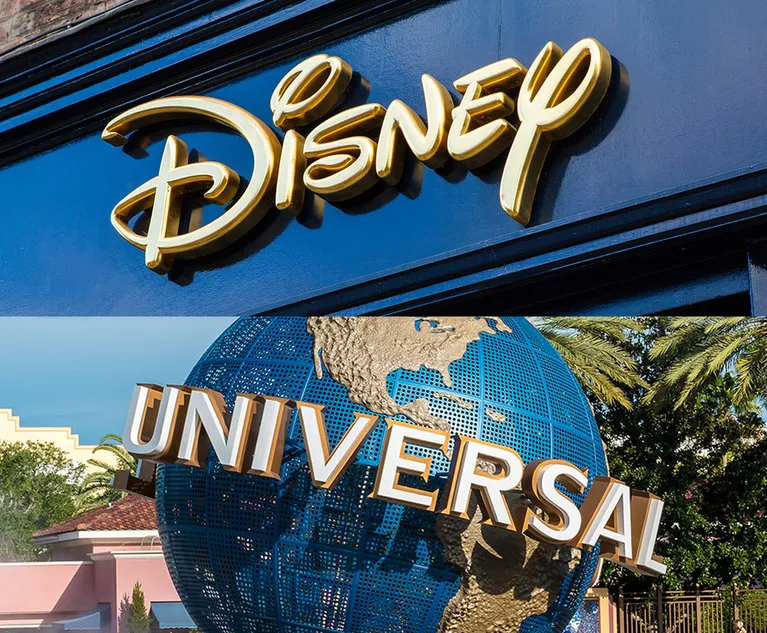
The lawsuit accuses Midjourney of misappropriating dozens of iconic characters, from Disney’s Yoda to Universal’s Minions, by enabling users to generate near-identical replicas through simple text prompts. Disney and Universal argue that Midjourney is profiting off their intellectual property without permission, calling the AI platform a “bottomless pit of plagiarism” and a “virtual vending machine” for unauthorized copies of copyrighted imagery.
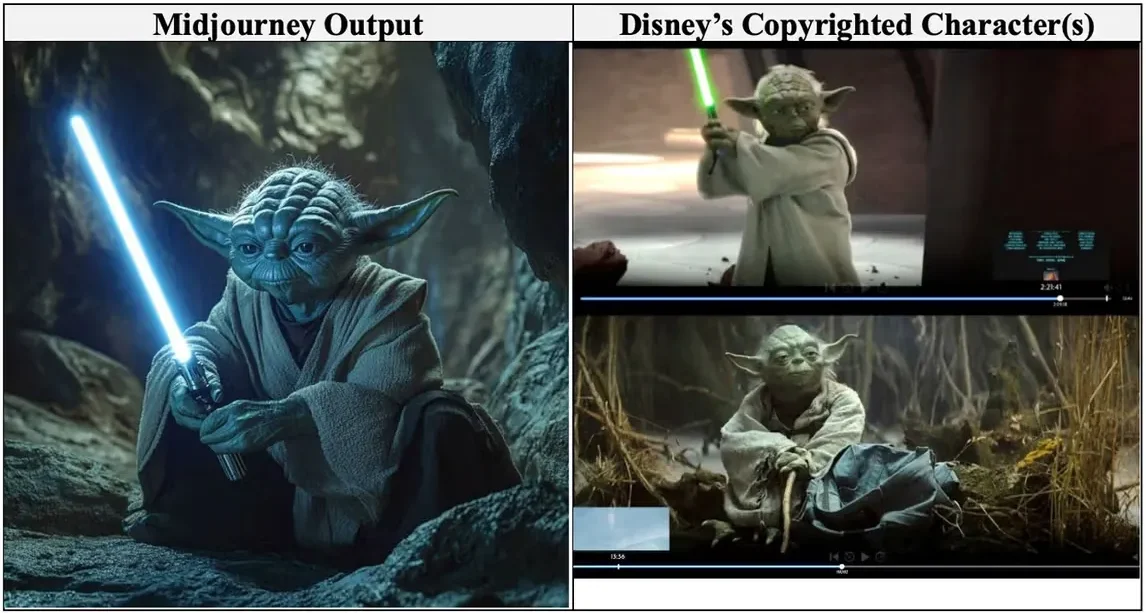
A Legal Battle Brewing for Years
The conflict has been brewing beneath the surface for some time. According to the lawsuit, the studios sent multiple cease-and-desist letters to Midjourney throughout 2024, demanding that the company stop allowing users to generate images that directly mimic or reproduce protected characters, costumes, and even entire cinematic scenes. The AI company allegedly did not respond.
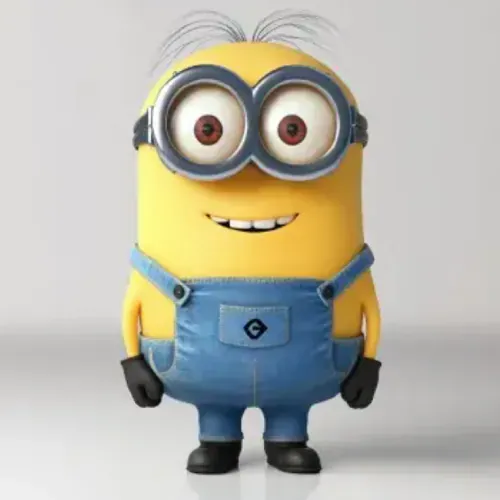
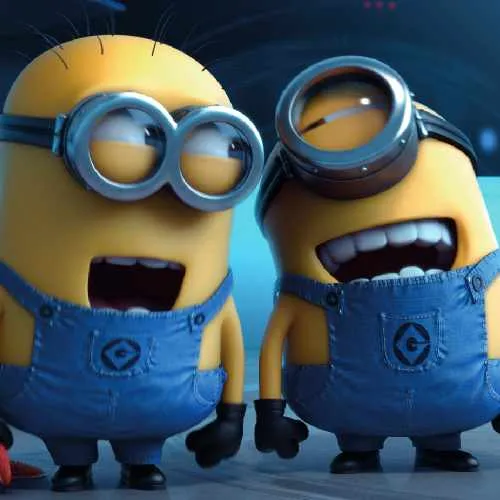
The studios’ filing includes side-by-side comparisons of AI-generated art and original frames from films like Avengers: Infinity War, Despicable Me, and The Mandalorian, showing eerily close reproductions that the studios argue could only come from training on copyrighted content.
Midjourney, a startup founded in 2022 and boasting a lean team of only 11 full-time employees, has yet to issue a public statement. However, the company’s privacy around how its models are trained has long drawn criticism. Unlike OpenAI’s DALL·E or Google’s Imagen, Midjourney has never disclosed its training data, and many experts believe its models were likely trained on large quantities of web-scraped images without explicit permission from rights holders.
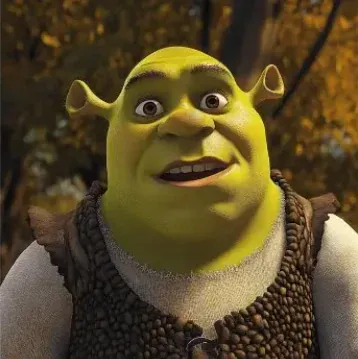
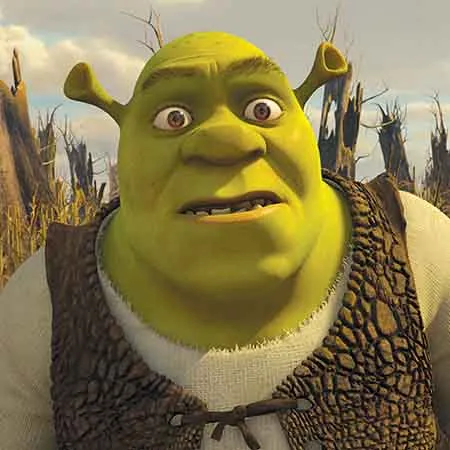
The AI Image Controversy at the Center of the Lawsuit
At the core of the lawsuit are two primary allegations: first, that Midjourney illegally trained its AI models on copyrighted works without a license or consent; and second, that it facilitates the creation of derivative works that violate the studios’ IP rights.
“Generative AI models that rely on unlicensed copyrighted materials undermine the very foundation of creative industries,” said an anonymous legal expert familiar with the case. “This lawsuit is about one AI company and setting a precedent.”
The studios argue that allowing AI companies to ingest and replicate their creative output without permission could erode the economic viability of filmmaking, animation, and other visual storytelling industries. Their complaint warns that Midjourney’s continued operation “threatens to upend American dominance in entertainment” by making it trivially easy for users to bypass years of labor-intensive design and character development.
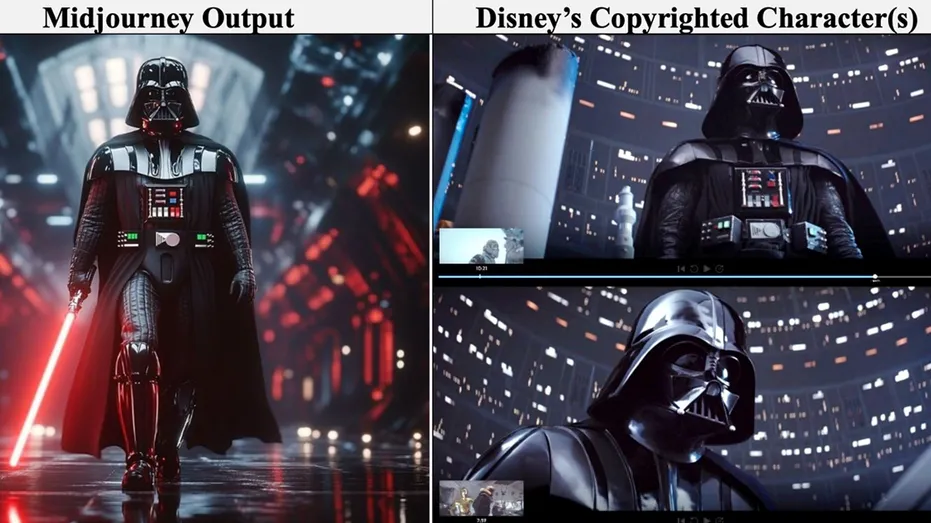
Industry Impact and Implications
The lawsuit comes amid growing friction between generative AI companies and content creators across multiple domains. Record labels have sued AI music platforms, book publishers have filed claims against large language model providers, and media outlets like The New York Times are pursuing action against OpenAI and Microsoft.
But the move by Disney and Universal signals a turning point: until now, Hollywood’s major studios had largely stayed silent on the legal front. That changed following growing pressure from writers, actors, and visual artists who have been outspoken about AI’s potential to devalue their labor. The 2023 Hollywood writers’ strike notably included demands for AI usage limits, and actor unions have since called for similar protections.
“This is the business side of Hollywood finally stepping into the ring,” said tech and media analyst Tara Jenkins. “What’s at stake isn’t just revenue, it’s creative control, and the very definition of authorship.”
What’s Next for Midjourney?
The lawsuit doesn’t only seek financial damages, it also asks the court to issue an injunction that would block Midjourney from releasing its anticipated AI video generation tool, rumored to launch later this month. If granted, the injunction could set back Midjourney’s ambitions significantly, particularly as it attempts to expand into the lucrative realm of synthetic video.
Midjourney rose to prominence in 2023 with a viral image of Pope Francis wearing a white Balenciaga-style puffer jacket. Since then, it has become a go-to platform for artists, marketers, and curious internet users, thanks to its high-quality rendering and intuitive Discord-based interface. But its permissiveness in allowing mimicry of protected IP has made it a lightning rod for criticism.
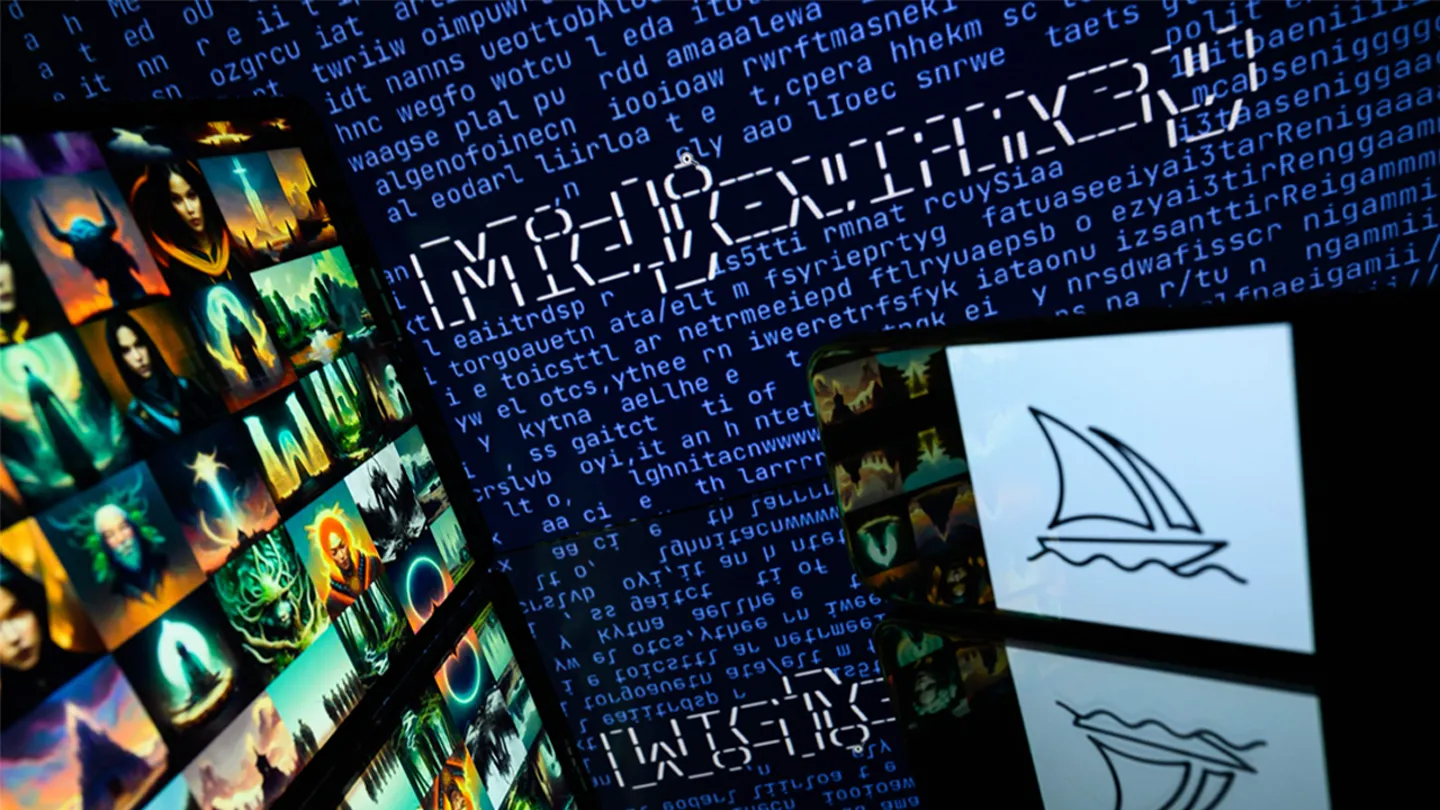
A Watershed Moment for AI and Copyright
The outcome of this case could reverberate well beyond Hollywood. If Disney and Universal succeed in proving that training AI on copyrighted materials constitutes infringement, the decision could reshape how generative AI companies operate, from dataset sourcing to user prompt filtering.
“This lawsuit is a shot across the bow,” said Jenkins. “It says: you can’t just build your business on the back of other people’s creativity and expect no consequences.”
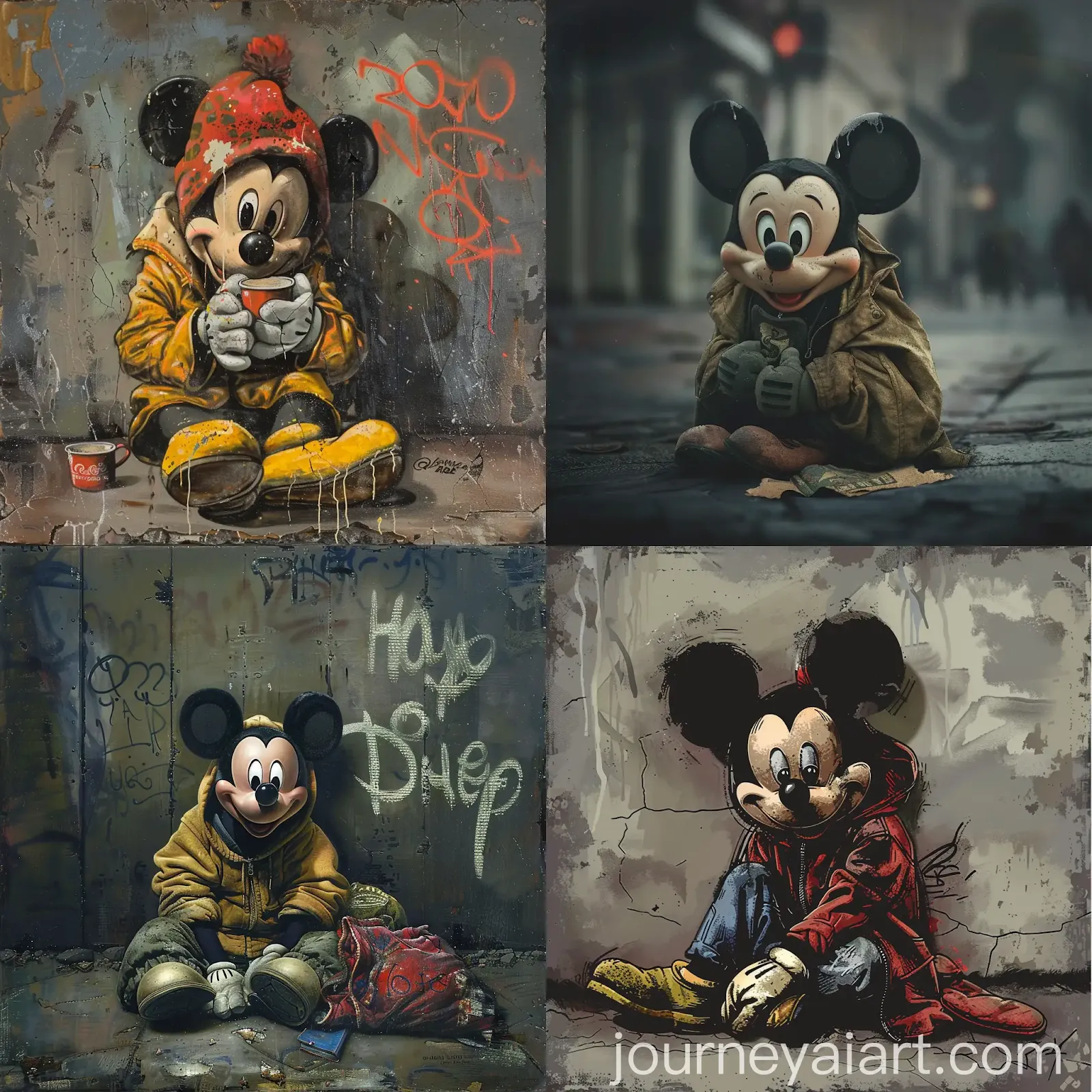
For now, the future of generative art tools like Midjourney hangs in the balance, as does the evolving relationship between technology, creativity, and the law.
Images courtesy of Disney, Universal, AI-Generated & Midjourney.
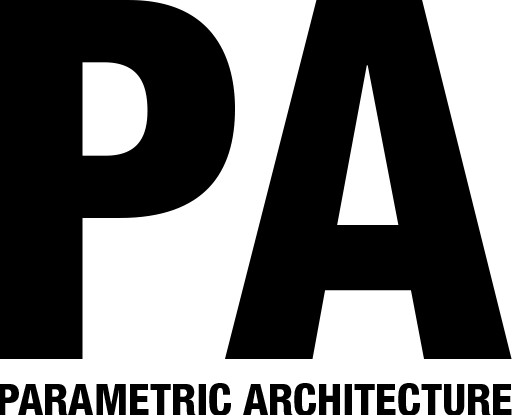




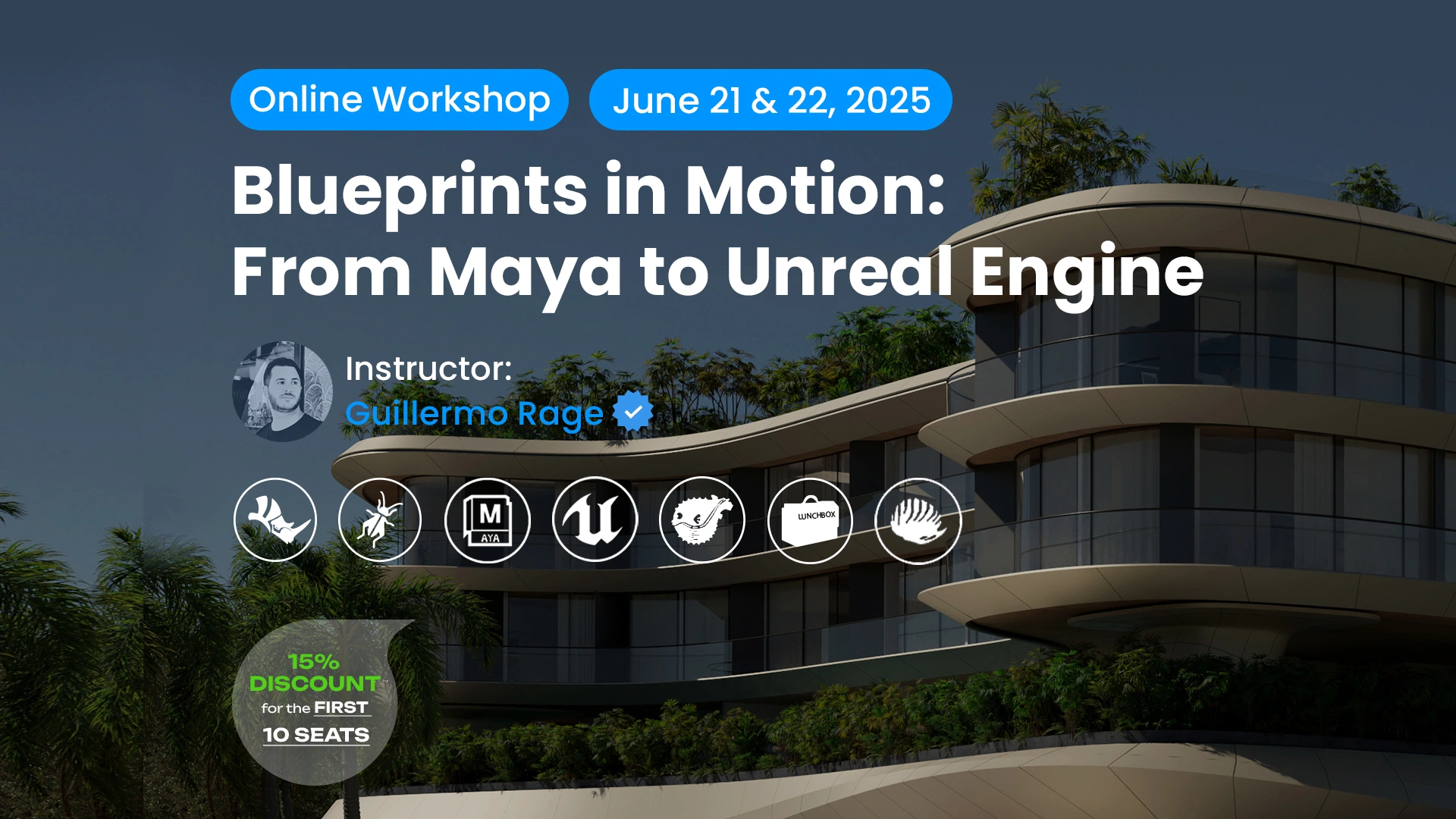


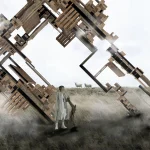



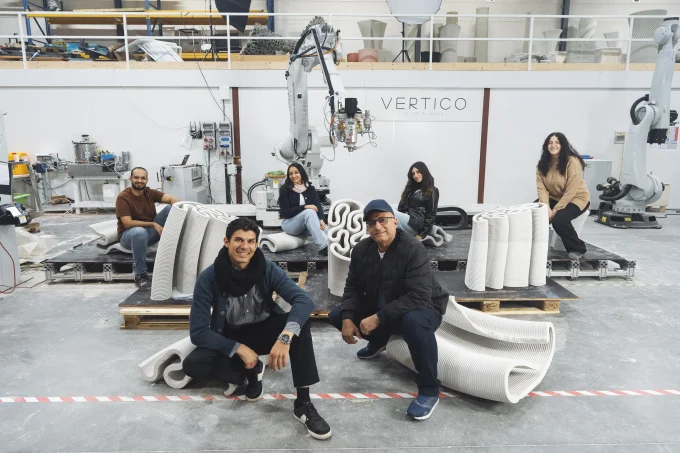





Leave a comment